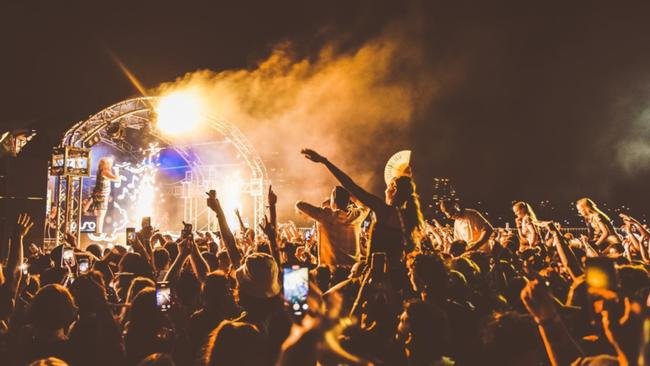Music festivals have long been a cornerstone of entertainment culture, bringing together thousands of fans to celebrate their favorite artists. However, with advances in technology and changes in audience behavior, music festivals have evolved beyond just live performances.
One of the biggest changes is the integration of digital experiences. Many festivals now live stream performances for global audiences. Events like Coachella, Tomorrowland, and Glastonbury broadcast their shows online, allowing fans who can\'t attend in person to still experience the event. Some festivals even offer virtual reality (VR) experiences, making remote participation more immersive.
Social media has also transformed the way festivals operate. Platforms like Instagram, TikTok, and YouTube have become essential for promotion, fan engagement, and behind-the-scenes content. Many festivals now rely on influencers to create buzz, while attendees use social media to share real-time updates, further amplifying the event’s reach.
Sustainability has become another major focus. With concerns over waste and environmental impact, festivals are adopting eco-friendly initiatives such as reusable cups, solar-powered stages, and digital tickets to reduce paper waste.
The rise of AI and tech-driven enhancements has also improved festival experiences. From cashless payments to AI-powered security and crowd management, technology is making festivals safer and more efficient. Some events even use facial recognition for faster check-ins.
While traditional music festivals still thrive, digital innovations are reshaping the landscape. Whether through virtual concerts, sustainability efforts, or AI-driven experiences, the future of music festivals is evolving to be more inclusive, accessible, and tech-savvy than ever before.


















Erry123
Nice one
Getrude Opoku
Indeed music is an practice that that makes people forget their sorrow and it brings happiness
Duah Betty
Nice one ?
IDDRISU ABDUL WARIS
Great
Elizabeth
Wow